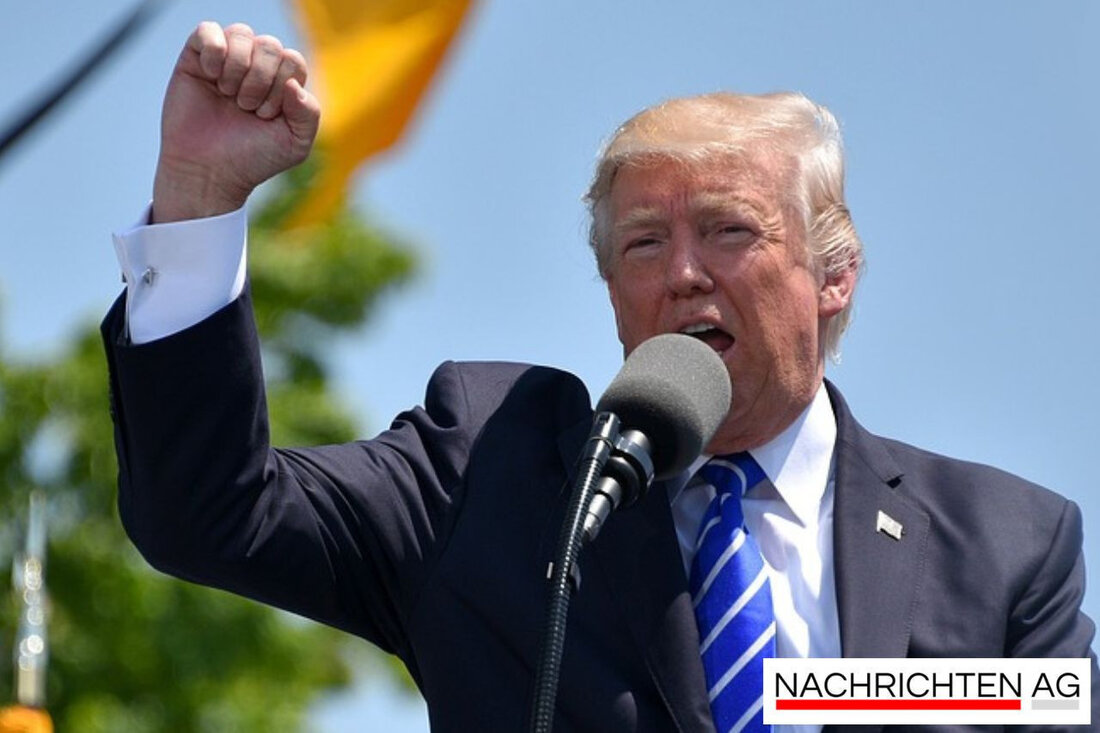Merz 'Visit to Trump: Hope or illusion for the economy?
Merz 'Visit to Trump: Hope or illusion for the economy?
Berlin, Deutschland - Chancellor Friedrich Merz (CDU) met with US President Donald Trump today to talk about the tense trade relationships between the USA and the EU. The German economy and economists are careful about a possible EU-US customs agreement, but there are also many concerns. The President of the German Chamber of Commerce and Industry (DIHK), Peter Adrian, emphasized the importance of dialogue and the personal exchange between the nations. At the same time, he warned of deep trading policy trenches and called for clear perspectives and reliable commitments from Washington against possible new tariffs and for fair access to markets.
A central topic of the meeting was Trump's decision to introduce US import duties from 50 percent on steel and aluminum. The US President also threatened high tariffs on other products for the EU. The time for negotiations is all the more urgent, since only a month left to find solutions that do justice to the two sides.
reactions of the economic experts
The Federal Association of German Industry (BDI) sees some progress through Merz ‘Visit, while Monika Schnitzer, head of economy, sees it as a success. In particular, it highlighted the topics of Ukraine and trade, which are important in the discourse. Moritz Schularick, President of the Kiel Institute for the World Economy, said that too much expectations should be avoided with regard to negotiations. He warns that permanently higher US tariffs, possibly up to 10 percent, could lead to a decline in growth in Europe by 0.2 percentage points.
is also being considered about the long -term consequences of commercial information between the USA and the EU. In a study by the VFA (Association of Researching Pharmak Manufacturers) it is pointed out that the geopolitical tensions and the protectionist trend could have negative effects on trade relationships. According to an analysis by Berenberg-Gossler et al. Trump's protectionist trade policy has often missed her own goals.
political dimension and European reactions
After Trump's re -election in November 2024, the European Parliament debates the effects on transatlantic relationships. Leading EU MPs demanded a continuation of transatlantic cooperation during the week of Trump's inauguration. During a debate on February 12, 2025, the customs threats of the Trump government were discussed. Adam Szłapka, Polish Minister of European Affairs, emphasized the advantages of an open, regular and fair international trade.
Maroš Šefčovič, a member of the European Commission, criticized the US tariffs as harmful to companies and consumers in Europe. Bernd Lange, Chairman of the Committee on International Trade, also referred to the possibility of counter -tariffs. Sophie Wilmès, deputy chair of the parliamentary delegation for relationships with the USA, emphasized the need for deterrent mechanisms towards tariffs.
The situation remains tense and it remains to be seen whether the talks between Germany and the USA will lead to a de -escalation. The continuing tariffs and protectionist approaches could also have long -term consequences for the European economy.
| Details | |
|---|---|
| Ort | Berlin, Deutschland |
| Quellen | |


Kommentare (0)